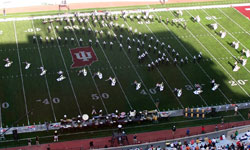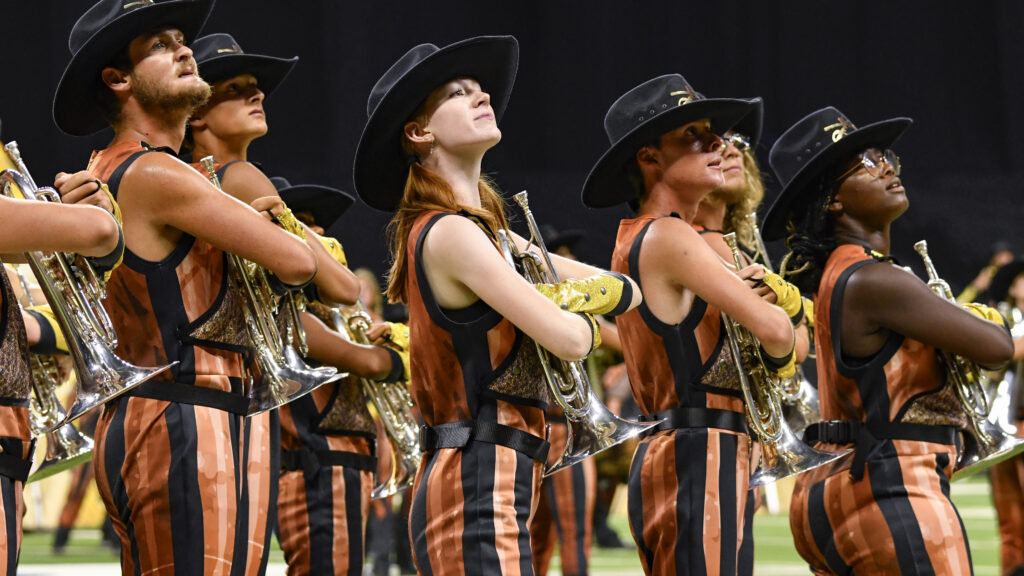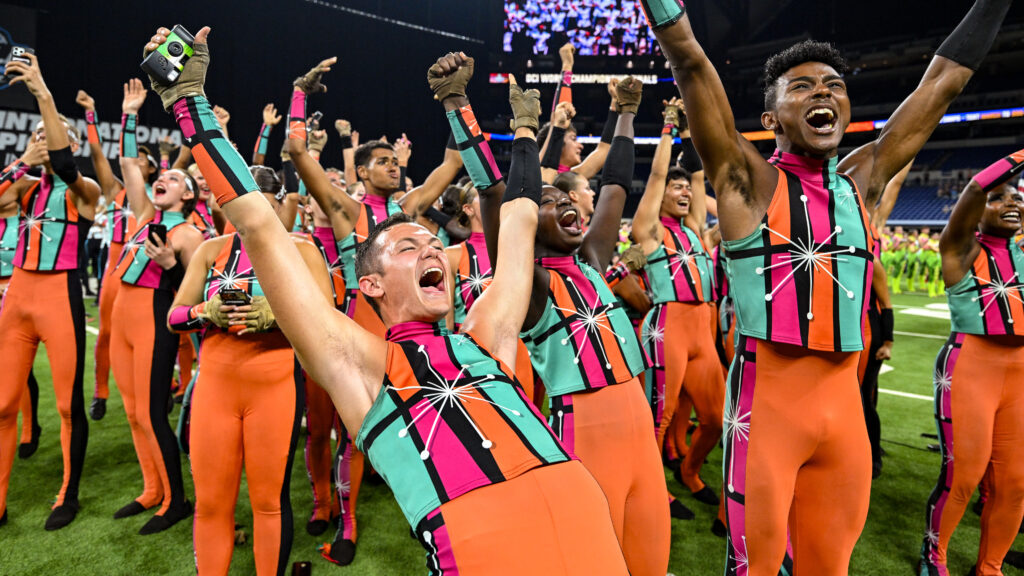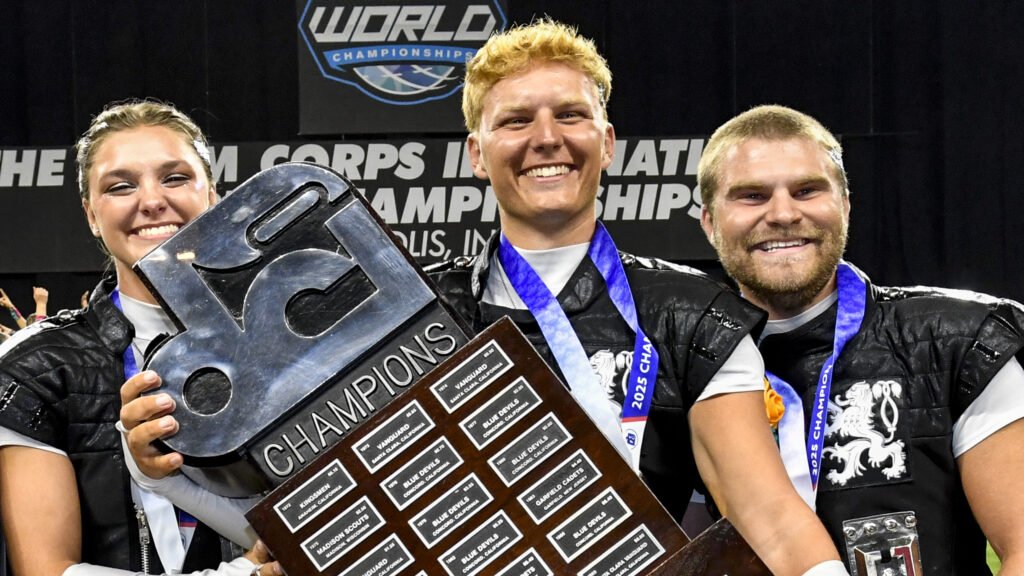Michael Boo was a member of the Cavaliers from 1975-1977. He has written about the drum corps activity for more than a quarter century and serves as a staff writer for various Drum Corps International print and Web projects. Boo has written for numerous other publications and has published an honors-winning book on the history of figure skating. As an accomplished composer, Boo holds a bachelor’s degree in music education and a master’s degree in music theory and composition. He resides in Chesterton, Ind.

Pacific Crest

Troopers
There are perhaps several reasons why Troopers became known as “America’s Corps.” They’ve held true to their long-established identity and they have never been wary of expressing old-fashioned patriotism. After the year off for restructuring, the corps has come back strong the past two seasons and it’s a joy to see them back in Semifinals. But my personal favorite memory regarding the organization is about the corps’ founder, Jim Jones. I knew Jim on a somewhat casual basis, and one day after Semifinals in Madison, I stopped at a convenience store across the street from the dorm I was staying with my roommate that year, Bob Abben, who was deeply involved in bringing out Suncoast Sound. Bob has been around drum corps for about 70 years. I told Jim and his wife Grace about Bob and said he’d be excited beyond belief if they accepted my invitation to drop by to eat the sandwiches they were buying. They agreed and I ran back to wake Bob up and tell him we would be having visitors, but I didn’t tell him who the visitors would be. Bob grumbled, but obliged, and a couple minutes later, there was a knock on the door, I opened it, and to Bob’s surprise, Jim and Grace Jones walked in. Bob exclaimed, “MISTER Jones!!!” and I sat in the corner and listened to two old-time drum corps fans talk about the really old days of drum corps. I’ll never forget how Jim “made” the week for someone he didn’t even know.

Spirit

Colts

Crossmen

Madison Scouts

Glassmen

Boston Crusaders

Blue Stars

Blue Knights

Bluecoats

Santa Clara Vanguard

The Cadets

Carolina Crown

Phantom Regiment

The Cavaliers
If it wasn’t for the Cavaliers, I might not know about drum corps. That chance encounter with the corps when my college friend practically kidnapped me and dragged me, kicking and screaming to rehearsal, changed my life. The three years I marched in the corps are still incredibly vivid in my memory. Back then; the corps was not in the thick of competition. The years of 1975, 1976 and 1977 were challenging years for the organization, even though we made the World Finals all three years. Years later, the corps became a contender and became known for its symphonic sound and wildly progressing geometric drill evolutions. In this year, the 60th anniversary of the corps’ founding by 19-year-old scoutmaster Donald W. Warren, the corps is firmly entrenched in an identity that is uniquely its own. One expects to see certain things happen in a Cavalier drill and to hear a style of music that makes one’s ears pivot forward to catch all the nuances. A quarter century ago, (I can’t believe I just wrote that), I composed an original opener for the corps’ 35th anniversary called “Jade.” It was one year before the corps turned purely symphonic. The piece worked so well, no one has asked me to do anything since. I have the honor of marching tonight in the corps’ anniversary corps, comprised entirely of members who marched with the Cavaliers since its inception. In fact, EVERY single year of the corps’ 60-year existence is represented on the field, which is amazing. And the man who played the single tenor solo in “Sing, Sing, Sing” in 1957 is playing it again tonight. We are doing this as an 80th birthday tribute to Don Warren, who retires this year after being the corps’ only president ever and who turns 80 on Aug. 19. Thank you, Don, for everything.

Blue Devils






